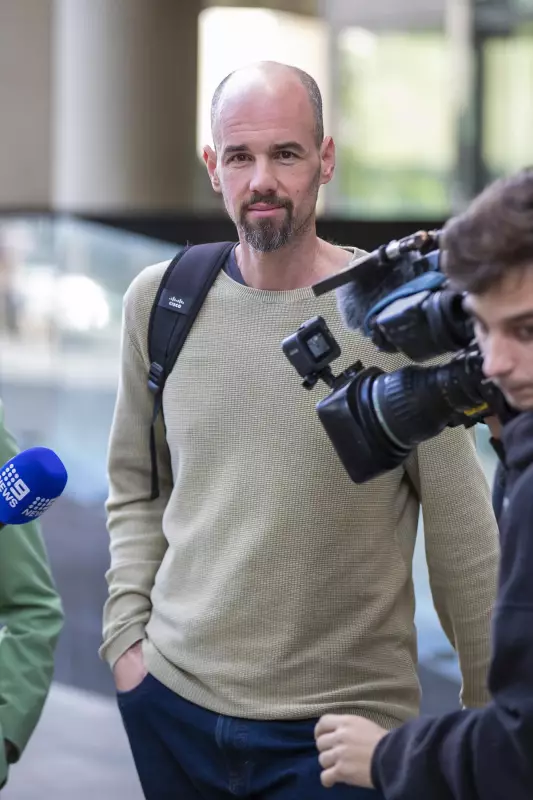
A Melbourne IT specialist has been sentenced to seven years in prison for orchestrating a sophisticated in-flight hacking operation, creating fake WiFi networks to steal sensitive data and intimate images from unsuspecting airline passengers.
The Elaborate In-Flight Scam
Michael Clapsis, a 42-year-old self-proclaimed IT security guru from Coburg, used his technical expertise for criminal purposes aboard domestic flights. Between June and August 2023, he strategically targeted flights operated by Virgin Australia, setting up what appeared to be legitimate WiFi networks named after the airline.
When passengers attempted to connect to these fake networks, they were directed to a malicious login page that harvested their personal credentials. Clapsis's system was sophisticated enough to capture passwords and usernames for various online services, including email accounts and social media platforms.
The County Court of Victoria heard that Clapsis specifically searched for and stole intimate images and videos from his victims' private accounts. His activities went undetected until another passenger noticed suspicious network behavior and alerted Virgin Australia crew members.
Investigation and Legal Proceedings
Australian Federal Police launched an investigation that quickly identified Clapsis as the perpetrator. Forensic analysis of his electronic devices revealed the extent of his crimes, including evidence that he had successfully compromised multiple passenger accounts during his hacking spree.
During court proceedings, Judge David Sexton noted the significant breach of trust involved in Clapsis's actions. The judge emphasized that passengers in the confined environment of an aircraft were particularly vulnerable to such attacks, having limited options to avoid the fake networks.
Clapsis ultimately pleaded guilty to multiple charges, including unauthorized impairment of electronic communication and possession of stolen data. His sentence of seven years imprisonment reflects the seriousness of his offenses against what the judge described as a "captive audience" of airline passengers.
Broader Implications for Airline Security
This case has raised important questions about digital security in aviation environments. Cybersecurity experts have highlighted the ease with which malicious actors can create convincing fake networks, especially in spaces where passengers expect legitimate WiFi services.
Virgin Australia has since reinforced its security protocols and now advises passengers to verify network names with cabin crew before connecting. The airline has also implemented additional monitoring systems to detect suspicious network activity on future flights.
For travelers, security experts recommend several protective measures: always verify network names with official staff, use VPN services when connecting to public WiFi, and enable two-factor authentication on all important accounts. These simple steps can significantly reduce the risk of falling victim to similar attacks.
The case serves as a stark reminder that cybersecurity threats can emerge in even the most unexpected environments, including at 30,000 feet above ground.





